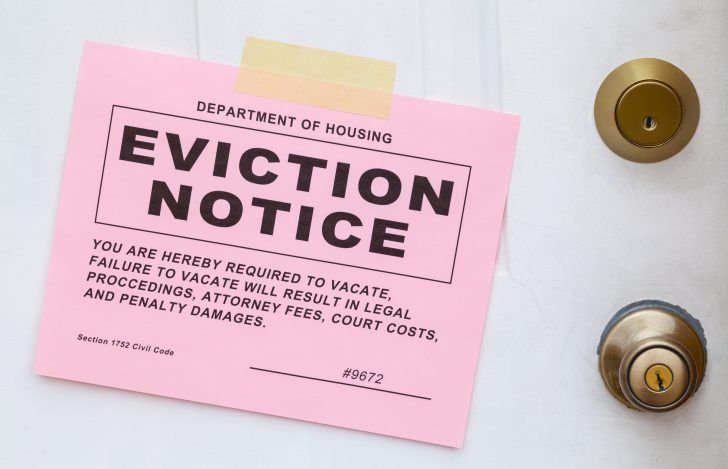By Ashley Attisha
•
March 29, 2024
It was supposed to be a night of celebration, but it quickly turned into a nightmare as John made the regrettable decision to drive home. The flashing lights in his rearview mirror shattered any sense of security he had left. Handcuffed and ashamed, John faced the sobering reality of receiving DUI charges. In an instant, his life changed forever. Receiving DUI charges was a wake-up call for John – a sobering reminder of the consequences of his actions. Yet, it also served as a catalyst for positive change, prompting him to confront his mistakes, take responsibility, and strive to become a better version of himself. Through accountability, education, and a commitment to change, John embarked on a journey of redemption and personal growth. Specializing in criminal defense, Attisha Law understands the gravity of facing DUI charges in Michigan. A DUI arrest can have far-reaching consequences, impacting various aspects of your life and potentially leading to severe penalties. We aim to provide valuable insights into navigating DUI charges in Michigan, empowering individuals to understand their rights, options, and legal obligations in such circumstances. Understanding DUI Laws in Michigan In Michigan, DUI laws, also referred to as Operating While Intoxicated (OWI) laws, prohibit individuals from operating a motor vehicle while under the influence of alcohol or drugs. The legal limit for blood alcohol concentration (BAC) in Michigan is 0.08% for individuals aged 21 and over, and 0.02% for individuals under 21. Potential Consequences of DUI Charges Being convicted of DUI in Michigan can result in a range of penalties, including fines, license suspension or revocation, mandatory alcohol or drug treatment programs, community service, probation, and even jail time. Additionally, a DUI conviction can have long-term ramifications, affecting employment opportunities, professional licenses, auto insurance rates, and personal reputation. Here are the consequences and penalties for drinking and driving: First Offense - up to 93 days in jail, fines ranging from $100 to $500, 360 hours community service, vehicle immobilization at the court's discretion, possible ignition interlock device during probation. Second Offense -Jail time of 5 days to one year, fines of $200 to $1,000, minimum 30 days community service (maximum 90 days), possible ignition interlock device during probation, mandatory vehicle immobilization. Third Offense - A third OWI offense becomes a felony. There is an absolute minimum period of 30 days in jail. Possible jail time is 1 to 5 years in prison or 30 days with probation. There will also be a fine of $500 to $5,000, 60 to 180 days community service, driver's license revocation, possible vehicle forfeiture or immobilization for 1 to 3 years, vehicle registration denial and 6 points on driver's license. Legal Defenses for DUI Charges When facing DUI charges, it's essential to explore all available legal defenses to challenge the prosecution's case. Common defense strategies may include challenging the legality of the traffic stop, disputing the accuracy of field sobriety tests or breathalyzer results, questioning the validity of chemical test procedures, or asserting violations of constitutional rights during the arrest process. Seeking Legal Representation If you're facing DUI charges in Michigan, seek legal representation as soon as possible. An experienced DUI defense attorney can assess the details of your case, explore potential defenses, negotiate with prosecutors on your behalf, and represent you in court if necessary. With skilled legal representation, you can increase your chances of achieving a favorable outcome and mitigating the consequences of DUI charges. Facing DUI charges in Michigan is a serious matter that requires prompt and proactive action. By understanding DUI laws, potential consequences, available defenses, and the importance of seeking legal representation, individuals can navigate the legal process with confidence and work toward achieving the best possible outcome for their case.













